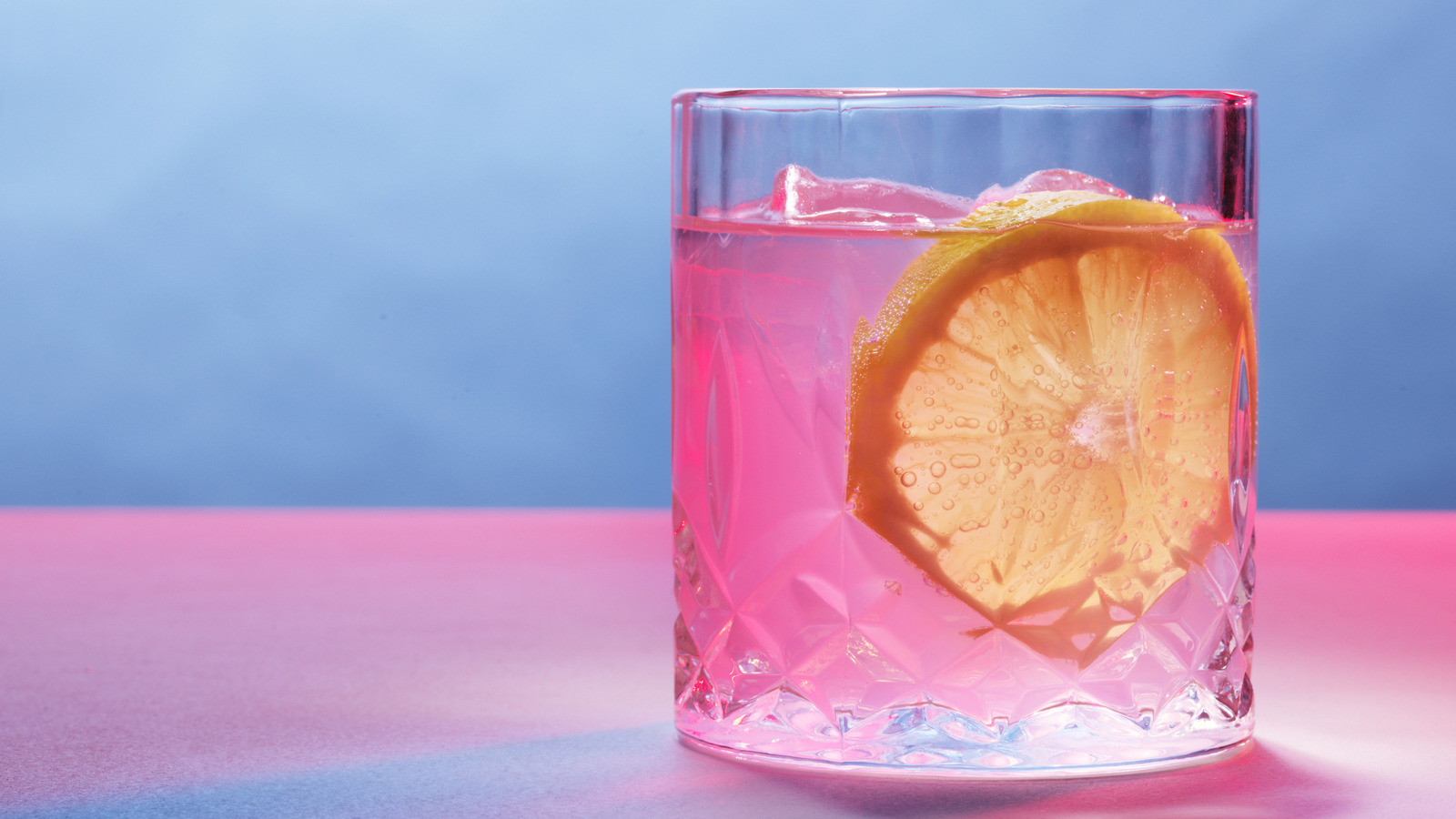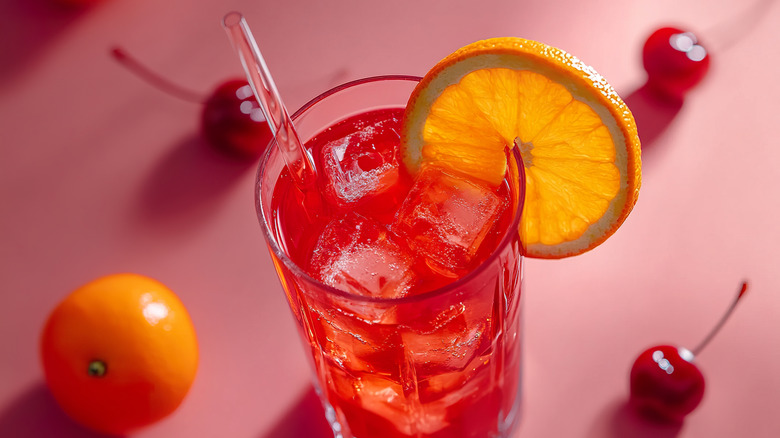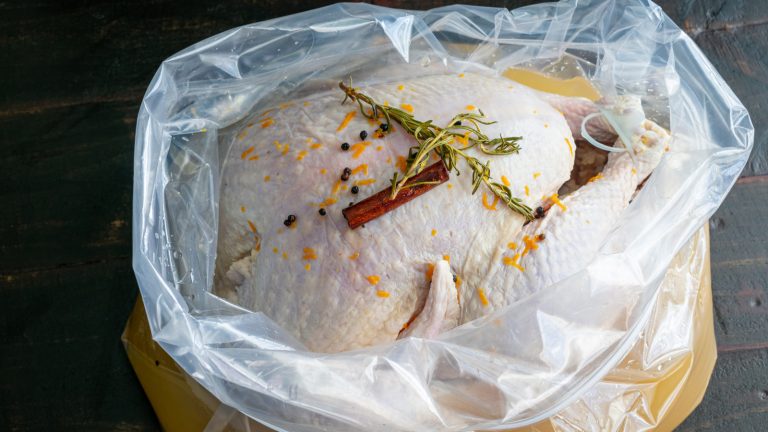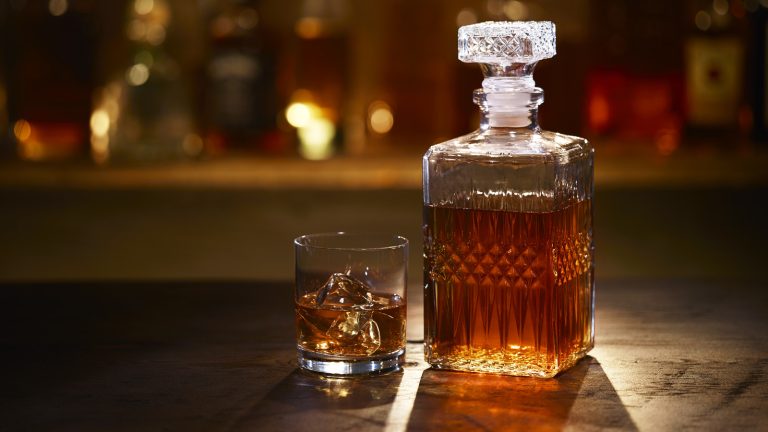The hottest new drink at the hottest bar in the block isn’t a dirty martini or a smoky old fashioned, but an expertly crafted and carefully assembled non-alcoholic selection. In recent years, there has been a growing appetite for non-alcoholic cocktail alternatives as many American adults look to stop or reduce their alcohol intake. Luckily, the bar and restaurant scene has been more than eager to pick up the slack and add some luster to their alcohol-free selections.
Long gone is the blankly fizzy glass of seltzer or club soda with lime, dull drinks served almost as punishment to designated drivers everywhere. Now, you can find well-balanced alcohol-free drinks that can rival, or even outshine, their boozy counterparts. You may find these mixed beverages under several different names, but they are often labeled as being mocktails or zero proof cocktails. And herein lies some confusion. What separates a mocktail from a zero proof cocktails?
Essentially, the difference between the two names is one of quality, or at least the perceptions thereof. While both mocktails and zero proof cocktails are mixed drinks without any alcohol content, the term zero proof cocktail tends to convey a sense of thoughtful craft and quality. It should also be noted that, in general, zero proof cocktails are crafted with the aim of replicating the complex essence of cocktails (in flavor, aroma, and texture). While some mocktails may also bring this care into crafting, the word mocktail does not connote such associations, and also extends to a more drinks, such as Shirley Temples (named for the child actress who disliked the beverage), that aren’t all that complex.
What’s in a name?
The difference between zero proof cocktails and mocktails is really a matter of labeling and is therefore a marketing trick more than anything else. If you’re perusing the drink menu of a bar or restaurant you most likely won’t find a mocktail and a zero-proof cocktail section. It tends to be one or the other. So don’t be quick to judge if your favorite bar labels its non-alcoholic mixed drinks as mocktails. It would be more useful to examine the drinks’ ingredients to see if it is up to snuff.
However, there is a growing push towards minimizing such menu separation entirely, and instead introducing specific labeling of non-alcoholic cocktails as being zero proof through a label, as is often seen with vegetarian, vegan, and gluten free items. This would fix the conundrum of choosing a name for these drinks, while letting them hold their own against alcoholic drinks.
However, this may also prove to be triggering for some customers hoping to avoid alcohol. It should also be noted that some drinks, specifically zero proof cocktails, which tend to attempt to replicate the cocktail experience, may also prove to be a counterproductive option for some alcohol-free diners, who prefer drinks that don’t recall alcoholic drinks. For this reason, keeping a division between mocktails, which are less imitative of alcoholic drinks, and zero proof cocktails might be a helpful distinction.






